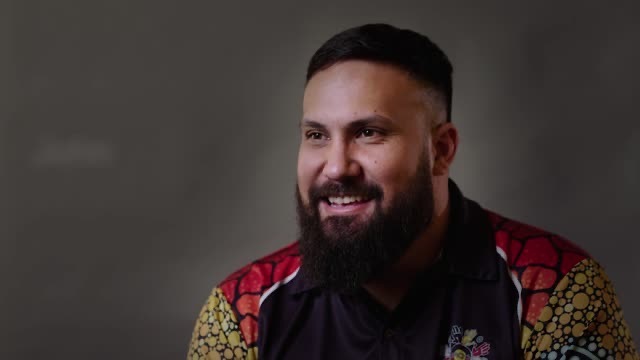Poor access rural healthcare leads to more trips to the hospital
Lily Plass
23 August 2024, 9:20 PM
 Patient in hospital Photo Credit: Anna Shvets
Patient in hospital Photo Credit: Anna Shvets People in rural areas are more likely to delay seeking medical care leading to more grievous health issues down the line, figures released by the Australian Institute of Health and Welfare have shown.
In 2021-22, 3816 potentially preventable hospitalisations were recorded per 100,000 people in the 'Bourke - Cobar - Coonamble' statistical area, which includes, Nyngan, Warren, and Walgett.
In the 'Dubbo' statistical area, which includes Gilgandra, Narromine, and Coonabarabran, 2628 potential preventable hospitalisations were recorded per 100,000 people.
By comparison, the highest rate among the Sydney statistical areas was 'Eastern Suburbs - South' with a total of 2,350 per 100,000 people.
National Rural Health Alliance Chief Executive Suis Tegen said the data shows many illnesses in rural Australia could have been prevented with better access to primary care.
“We often see rural communities neglecting or putting off their health issues due to limited access to primary care, exacerbated by the tyranny of distance and cost of services.”
“This leads to a cascade of problems, including overwhelming an already strained hospital and emergency system,” Ms Tegan said.
John Fetuani, CEO of the Bourke Aboriginal Corporate Health Service (BACHS) said distance is one of the main factors but there can be a multitude of reasons why people in rural and remote areas put off seeking medical care.
“One significant reason is the perception that their symptoms are minor or something they can manage at home.
“Another contributing factor is the lack of awareness or understanding of the severity of certain illnesses, like whooping cough, which can be mistakenly seen as a minor issue rather than a serious condition requiring medical attention," he said.
“Additionally, there is a level of mistrust in the healthcare system among many Aboriginal people, rooted in historical experiences of discrimination and a lack of culturally appropriate care.
“This mistrust can make individuals hesitant to engage with health services unless absolutely necessary.”

John Fetuani, BACHS CEO Photo: LinkedIn
Regardless of the reason, Mr Fetuani said the impact can be severe.
“When individuals put off seeking treatment, conditions that could have been managed or treated early often become more severe leading to worse health outcomes.
“For example, in the case of whooping cough, delaying treatment not only puts the individual at greater risk but increases the likelihood of the illness spreading within the community, particularly among vulnerable groups like children and the elderly.
“This can lead to more significant health crises that strain the already limited healthcare resources in remote areas,” Mr Fetuani said.
The solution to more proactive medical care lies in comprehensive health education and delivering culturally sensitive care, according to the BACHS CEO.
“By increasing awareness of the signs and symptoms of serious illnesses and educating the community on the importance of early medical intervention, we can reduce the likelihood of individuals delaying care," he said.
“Additionally, improving access to healthcare by providing more local services and ensuring that care is culturally sensitive and respectful can help build trust within the community.”
Ms Tegen also advocated for more funding to go towards healthcare in remote areas.
“We strongly advocate for greater investment in rural health care for communities which enable multidisciplinary and place-based solutions according to needs.”



